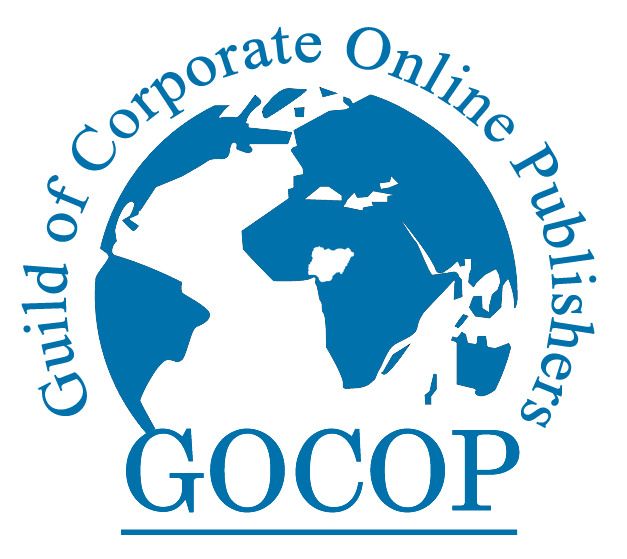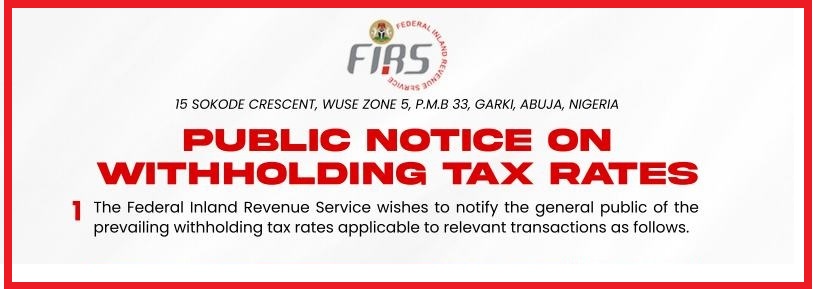The Digital Strategist & Senior Content Manager at Premium Times, Mr. George Kaduna, has offered some insights on how to drive traffic and enhance visibility through Search Engine Optimization (SEO).
Speaking at the pre-conference business session of the Guild Of Corporate Online Publishers (GOCOP) 7th Annual Conference in Abuja on October 4, Mr. Kaduna offered some insights on how publishers could explore opportunities in online engagements and optimize gains.
The GOCOP pre-conference business session over the years have been used to enhance professionalism through consistent training and enlightenment of its membership.
In defining SEO, Mr. Kaduna whose presentation was on ‘Website Optimization: Essential Strategies To Drive Traffic, Using Search Engine Optimization,’ said it is “The process by which content creators attempt to get more visibility for their website in search engine results pages on Google, Bing, Yahoo, DuckDuckGo, and other search engines.”
He also said that “Search is one of the main ways in which people discover content online. Ranking higher in search engines can lead to an increase in traffic to a website.”
Kaduna listed “On-page SEO, Off-page SEO and Technical SEO,” as veritable process of organizing a website’s content to improve the likelihood of appearing in search results.
In the category of “On-page SEO,” Kaduna explained that emphasis should be placed on “contents, keywords, HTML tags, internal links, image optimization, meta data and URL.”
Attention, he said, should equally be paid to back links, guest posting, social promotion, listing and Press Releases for “Off-page SEO,” advising that focus should be on page speed, site structure, sitemaps, indexation and structured data in “Technical SEO.”
The Premium Times Senior Content Manager stressed that about “0.63 per cent of people click on the second page of Google Search and the difference in clicks between position 1 and position 10 in a Search Engine Results Page (SERP) can be 10x.”
As a remedy, Mr. Kaduna proffered some solutions including on-page strategy which detects that content quality must be ensured to be reliable, stressing that Google would not showcase false and unreliable contents.
Creating keywords per page post could lead people to your website at all times, thus, very important because “It helps to optimize the intent of your audience to find you.” Whereas image optimisation will ensure that they are compressed by serving them in WebP format.
“Properly tag images by adding your keyword in alternative text columns,” he advised without relegating both internal and external links in your stories, which improve SERP ranking.
For the off-page strategy, Mr. Kaduna recommended backlinks which are effective SEO tool because they show search engines “that your content is authoritative and relevant” positing that the more backlinks from high-authority sites a page has, the more authoritative it may seem to Google, thereby helping the page to rank higher, among others like content marketing, reviews and events.
Reviews, for instance, he said, are great ways to help others trust your online businesses and serves as one of the vital factors Google considers when evaluating website’s Expertise, Authoritativeness and Trustworthiness (E-A-T) of the creator of the main content.
“They are vital to your local SEO success. Google recommends replying to all reviews. Good and bad. Doing so shows that you value your customers’ business and feedback,” he informed.
Additionally, he said that by organising ‘Events’ could contribute to a website off-page SEO strategy, through audience engagement, but could benefit the media outlet with associated buzz thereof and driving of social engagement and links.
Kaduna maintained that technical SEO strategy entails that a website is mobile friendly, disclosing that Google uses mobile-first indexing.
“This means that it looks at mobile versions of webpages to index and rank content. So make sure your website is compatible on mobile devices,” he advised.
Speaking at the pre-conference business session of the Guild Of Corporate Online Publishers (GOCOP) 7th Annual Conference in Abuja on October 4, Mr. Kaduna offered some insights on how publishers could explore opportunities in online engagements and optimize gains.
The GOCOP pre-conference business session over the years have been used to enhance professionalism through consistent training and enlightenment of its membership.
In defining SEO, Mr. Kaduna whose presentation was on ‘Website Optimization: Essential Strategies To Drive Traffic, Using Search Engine Optimization,’ said it is “The process by which content creators attempt to get more visibility for their website in search engine results pages on Google, Bing, Yahoo, DuckDuckGo, and other search engines.”
He also said that “Search is one of the main ways in which people discover content online. Ranking higher in search engines can lead to an increase in traffic to a website.”
Kaduna listed “On-page SEO, Off-page SEO and Technical SEO,” as veritable process of organizing a website’s content to improve the likelihood of appearing in search results.
In the category of “On-page SEO,” Kaduna explained that emphasis should be placed on “contents, keywords, HTML tags, internal links, image optimization, meta data and URL.”
Attention, he said, should equally be paid to back links, guest posting, social promotion, listing and Press Releases for “Off-page SEO,” advising that focus should be on page speed, site structure, sitemaps, indexation and structured data in “Technical SEO.”
The Premium Times Senior Content Manager stressed that about “0.63 per cent of people click on the second page of Google Search and the difference in clicks between position 1 and position 10 in a Search Engine Results Page (SERP) can be 10x.”
As a remedy, Mr. Kaduna proffered some solutions including on-page strategy which detects that content quality must be ensured to be reliable, stressing that Google would not showcase false and unreliable contents.
Creating keywords per page post could lead people to your website at all times, thus, very important because “It helps to optimize the intent of your audience to find you.” Whereas image optimisation will ensure that they are compressed by serving them in WebP format.
“Properly tag images by adding your keyword in alternative text columns,” he advised without relegating both internal and external links in your stories, which improve SERP ranking.
For the off-page strategy, Mr. Kaduna recommended backlinks which are effective SEO tool because they show search engines “that your content is authoritative and relevant” positing that the more backlinks from high-authority sites a page has, the more authoritative it may seem to Google, thereby helping the page to rank higher, among others like content marketing, reviews and events.
Reviews, for instance, he said, are great ways to help others trust your online businesses and serves as one of the vital factors Google considers when evaluating website’s Expertise, Authoritativeness and Trustworthiness (E-A-T) of the creator of the main content.
“They are vital to your local SEO success. Google recommends replying to all reviews. Good and bad. Doing so shows that you value your customers’ business and feedback,” he informed.
Additionally, he said that by organising ‘Events’ could contribute to a website off-page SEO strategy, through audience engagement, but could benefit the media outlet with associated buzz thereof and driving of social engagement and links.
Kaduna maintained that technical SEO strategy entails that a website is mobile friendly, disclosing that Google uses mobile-first indexing.
“This means that it looks at mobile versions of webpages to index and rank content. So make sure your website is compatible on mobile devices,” he advised.







